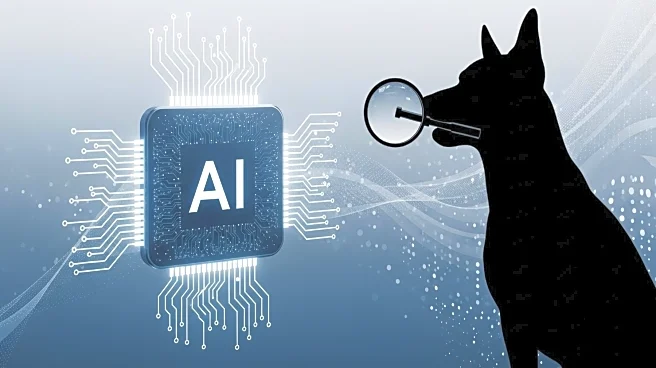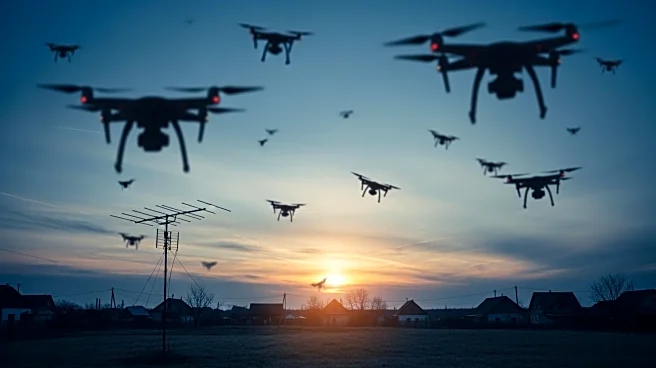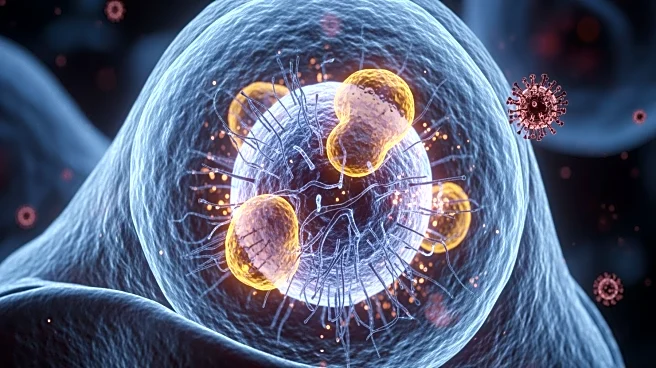What is the story about?
What's Happening?
SpotitEarly, a biotech company, is pioneering a novel approach to cancer screening by combining the olfactory skills of dogs with artificial intelligence. The company has developed a test that analyzes breath samples to detect cancer, leveraging the ability of trained dogs to identify disease-specific odors. This method has shown promising results, with a 94% accuracy rate in detecting early-stage cancer in a clinical trial involving 1,400 participants. SpotitEarly plans to offer its at-home screening kits through a network of physicians, making them accessible to consumers at a lower cost than existing options like the Galleri blood test.
Why It's Important?
SpotitEarly's innovative approach to cancer detection could significantly enhance early-stage cancer screening, potentially saving lives by identifying cancers before they progress. The use of dogs and AI offers a cost-effective alternative to traditional methods, making cancer screening more accessible to a broader population. This development could disrupt the cancer detection industry, providing a reliable and affordable option for early diagnosis, which is crucial for effective treatment and improved patient outcomes.
What's Next?
SpotitEarly plans to expand its clinical studies, starting with breast cancer screening, and aims to make its screening kits available to consumers by next year. The company is focused on increasing the accessibility of its tests and reducing costs to compete with existing options. As SpotitEarly enters the U.S. market, it will continue to refine its technology and explore additional applications for its innovative screening method.
Beyond the Headlines
The integration of canine olfactory skills with AI technology raises interesting ethical considerations regarding the use of animals in medical research. SpotitEarly emphasizes the well-being of its canine team members, highlighting the importance of ethical treatment in research settings. The company's approach also underscores the potential for unconventional methods to drive innovation in healthcare, challenging traditional paradigms and opening new avenues for disease detection.














